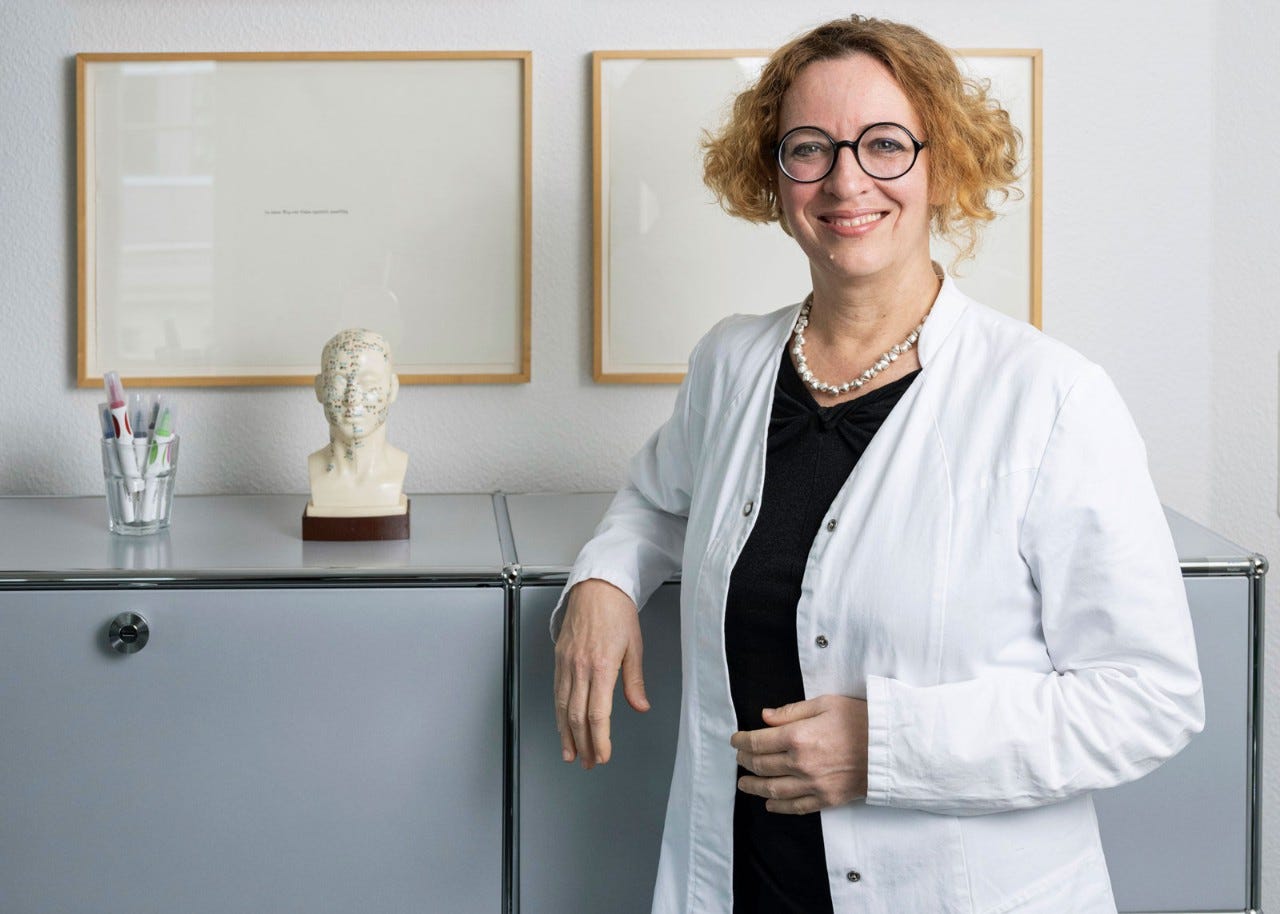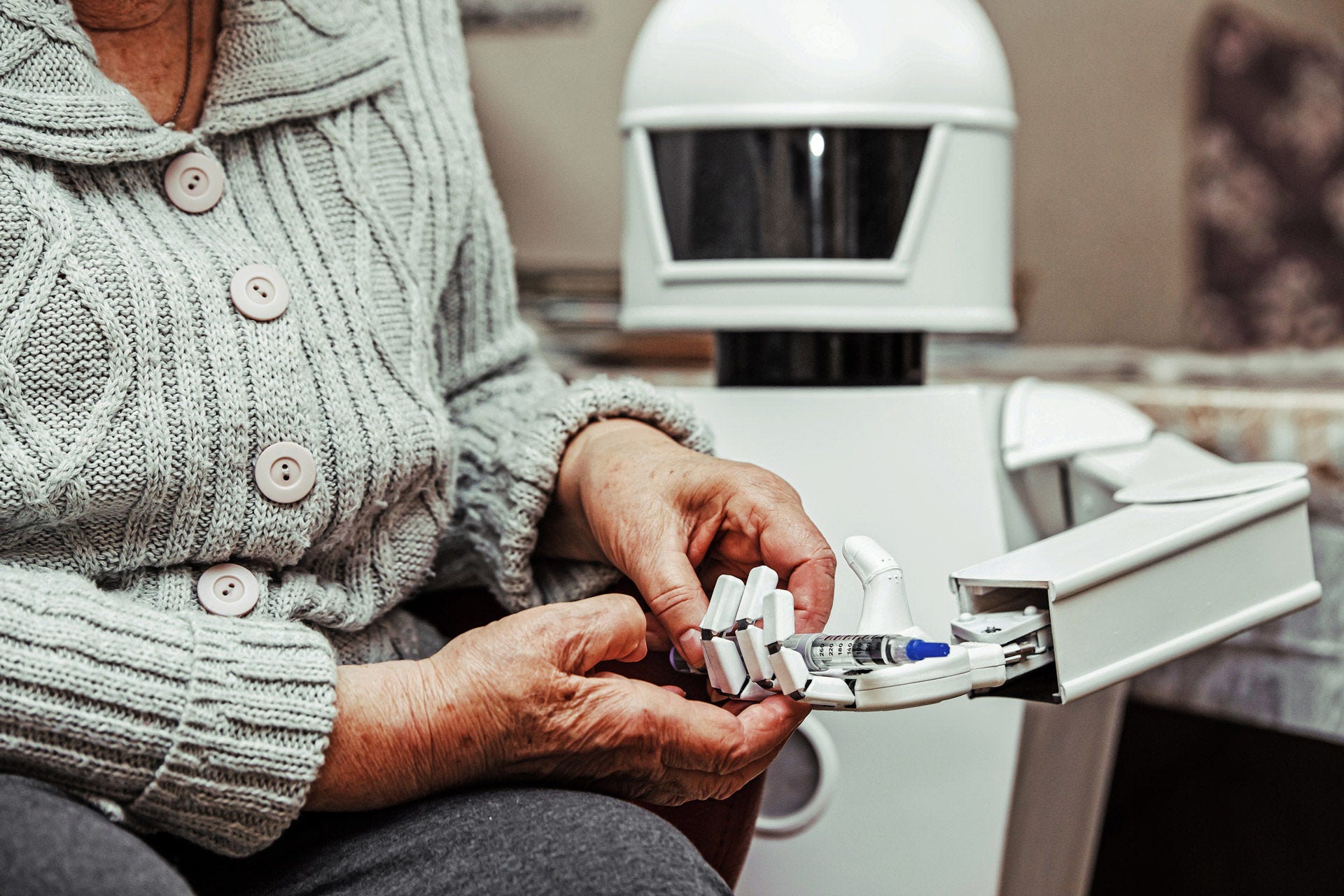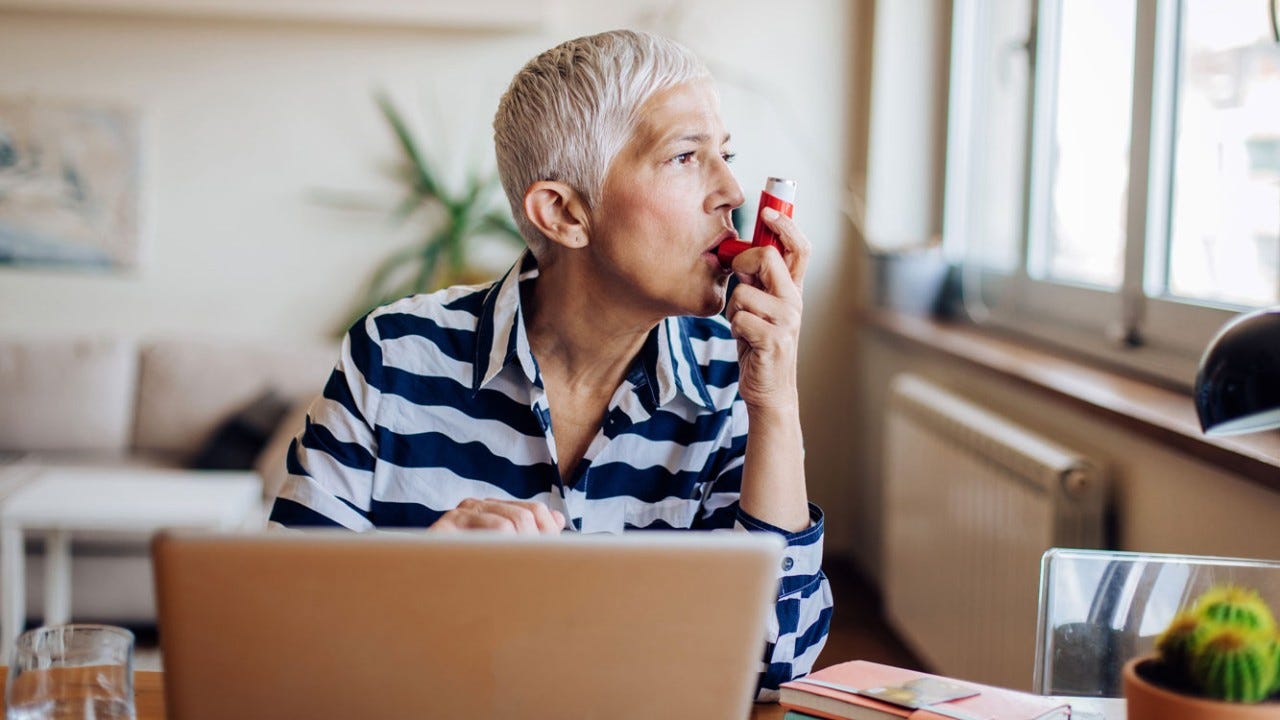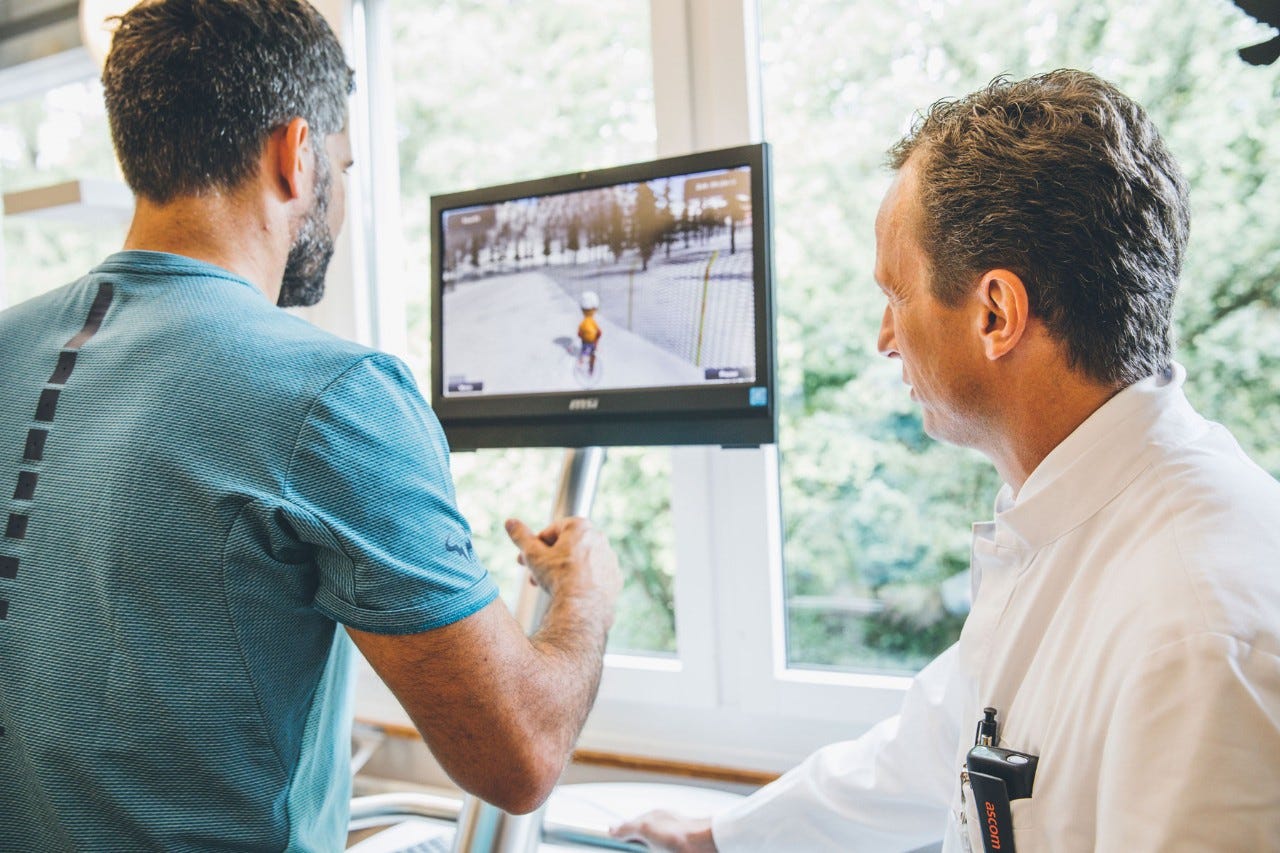How complementary medicine can supplement traditional medicine
Claudia Witt, Director of the Institute for Complementary and Integrative Medicine at Zurich University Hospital, talks about the opportunities of complementary medicine.

As a doctor, why don’t you stick to traditional medicine?
When I was a medical student, there was very little scientific data on complementary medicine. But I was always fascinated by the fact that so many people give these solutions a go and are pleased with the results. Many people have tried some kind of complementary medicine in private, read about homoeopathy or given acupuncture a go. And these methods often work. All this made me want to take a closer look at complementary medicine. That’s why I got involved with studies on acupuncture, for example.
What did these studies show?
They proved that acupuncture has a positive effect on chronic pain. But it also has a placebo effect.
Isn’t that a contradiction? Don’t you want to achieve “real” effectiveness rather than it being in the patients’ minds?
That’s the wrong way of looking at it. After all, the placebo effect can also aid recovery. It can boost the results of an effective drug treatment. The same is true of complementary medicine: it should ideally be used in addition to conventional medical treatment. The methods complement each other. Instead of playing one method off against the other, we should take an holistic approach to medicine and the body.
What does this mean exactly?
Ok, imagine that you suffer from chronic pain. Instead of simply prescribing pills, the therapist first listens carefully as you describe your circumstances and how you’re feeling. This alone can be a help. It often helps people understand their bodies better. And this in turn has a positive effect on how they face challenges and the choices they make.
“It can boost the results of an effective drug treatment.”
How important is this aspect for the healing process?
Complementary medicine opens up new opportunities for people who have seemingly run out of options. It really helps them to know that they have a certain level of control over an illness and that they are not simply at the mercy of the situation. It is also important to include additional measures that have a positive impact on the patient’s lifestyle and where they can play an active role. These measures could include healthy eating, breathing exercises or getting more exercise, for example.
Can you give us an example from your professional life?
Many patients suffering from breast cancer also experience hot flushes, problems sleeping or fatigue during their treatment. So we work together to find a solution: which method appeals to the patient? Which complementary method can provide effective additional support for the drug treatment? For example, acupuncture can help with the above symptoms.
Many people opt for complementary medicine instead of conventional treatment.
It is important to emphasise that we don’t use complementary medicine as an alternative to conventional treatments − they complement each other. As such, we have access to a wider range of flexible solutions. This means that, as a doctor, I have a toolbox containing useful additional tools.





